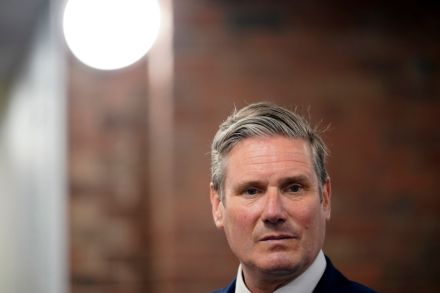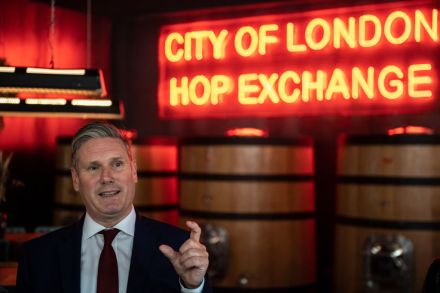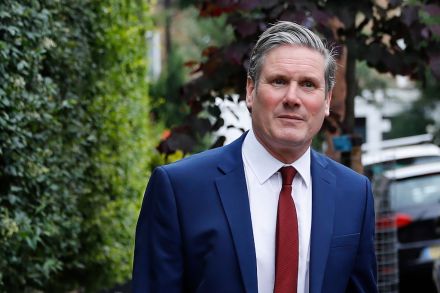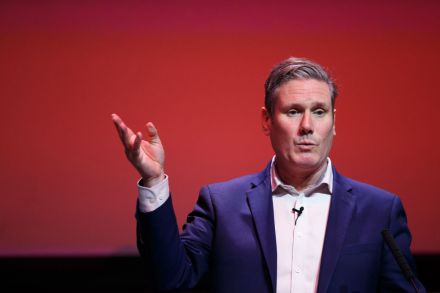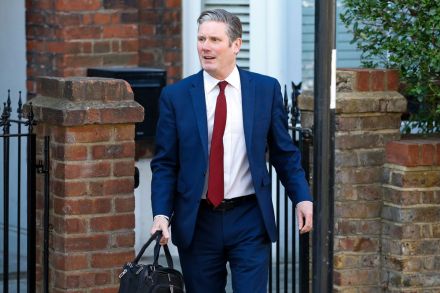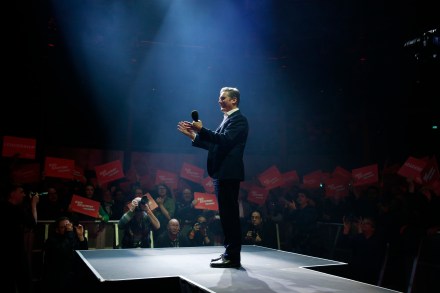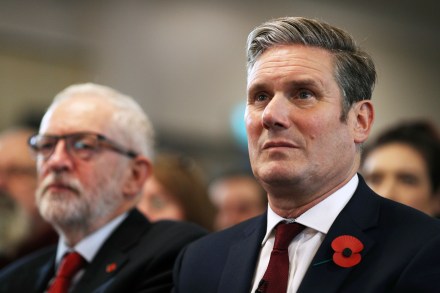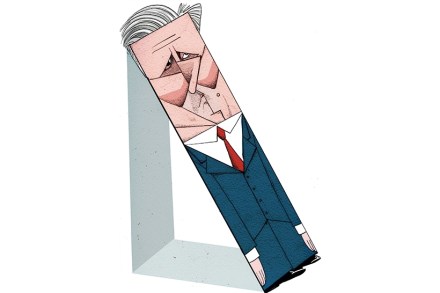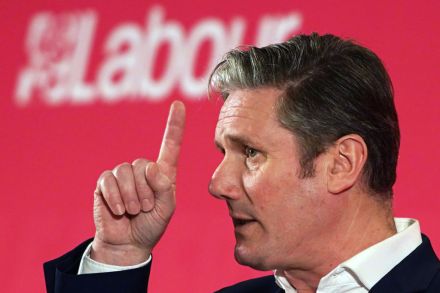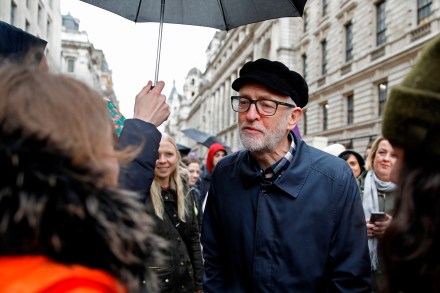Why Keir Starmer no longer needs to fear the left of his party
John McDonnell, Corbyn’s right hand man for four and a half years, was full of praise when asked about the official opposition’s handling of the Covid crisis. ‘Keir’s got this exactly right’ the ex-shadow chancellor told John Pienaar. But many of Corbyn’s loyal supporters didn’t agree; sparking an internal Labour argument between the party’s warring sides. It is tempting to point to the scrap and claim that it is yet more evidence of the difficulties Starmer faces to get Labour winning again, as the party’s internal battles never seem to end and in fact, are now being fought out between ever smaller factions. But another, more positive way for Starmer



